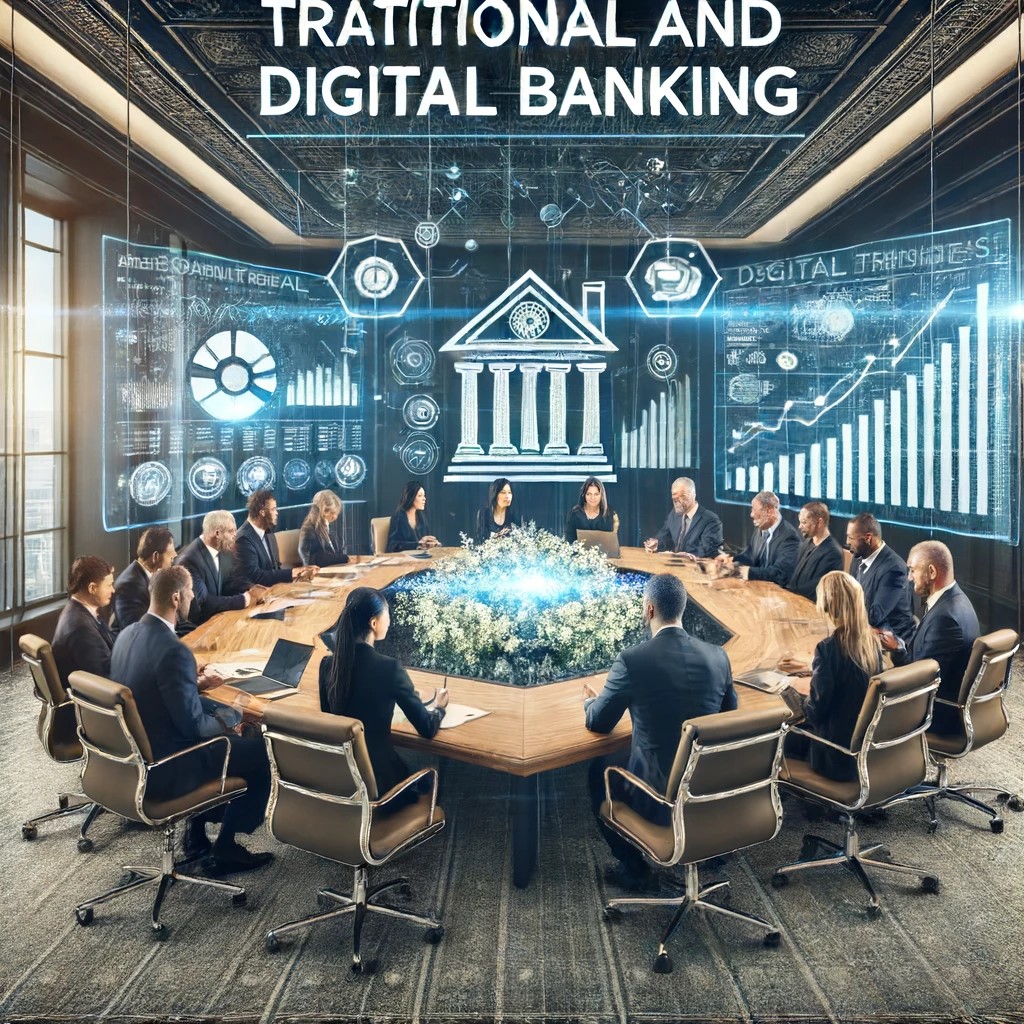The Role of Financial Technology in Enhancing Customer Experience
Financial technology, or fintech, has revolutionized the financial services industry by transforming the way customers interact with financial institutions. Through innovative solutions, fintech has enhanced customer experience by making financial services more accessible, efficient, and personalized. This article explores current trends in fintech that are improving customer experience and provides future predictions on how these advancements will continue to shape the industry.

Current Trends
Mobile Banking and Digital Wallets: The proliferation of smartphones has led to the widespread adoption of mobile banking and digital wallets. Customers can now perform a wide range of financial transactions, from checking account balances to making payments, directly from their mobile devices. Services like Apple Pay, Google Wallet, and Venmo have made financial transactions seamless and convenient, significantly enhancing customer satisfaction.
Peer-to-Peer Lending Platforms: Peer-to-peer (P2P) lending platforms connect borrowers directly with lenders, bypassing traditional financial institutions. These platforms offer faster loan approvals, lower interest rates, and a more transparent lending process. P2P lending has democratized access to credit, providing a better experience for both borrowers and lenders.
Blockchain and Cryptocurrency: Blockchain technology and cryptocurrencies are transforming the way financial transactions are conducted. Blockchain offers a secure, transparent, and decentralized method of recording transactions, which can enhance trust and reduce fraud. Cryptocurrencies provide new payment options and investment opportunities, catering to the evolving needs of tech-savvy customers.

Future Predictions
Expansion of AI and Machine Learning: AI and machine learning will play an even more significant role in the future of fintech. These technologies will enable more sophisticated data analysis, leading to even greater personalization of financial services. AI will also enhance fraud detection and risk management, ensuring a more secure customer experience.
Integration of Augmented Reality (AR) and Virtual Reality (VR): AR and VR technologies have the potential to revolutionize customer interactions with financial services. Virtual branches and AR-based financial planning tools could provide immersive and interactive experiences, making financial services more engaging and accessible.

Open Banking: Open banking initiatives, which mandate financial institutions to share customer data with third-party providers (with customer consent), will lead to more integrated and innovative financial services. Customers will benefit from a broader range of services and the ability to manage their finances more comprehensively across multiple platforms.
Enhanced Cybersecurity Measures: As fintech continues to grow, so does the need for robust cybersecurity measures. Future advancements will focus on protecting customer data and ensuring the integrity of financial transactions. Technologies such as biometric authentication and advanced encryption will become standard to provide a secure customer experience.
Conclusion
Financial technology is significantly enhancing customer experience by making financial services more accessible, personalized, and efficient. Current trends such as mobile banking, personalized services, chatbots, P2P lending, and blockchain are reshaping the financial landscape. Looking ahead, the integration of AI, AR, VR, open banking, enhanced cybersecurity, and a focus on financial inclusion will further transform the industry. By embracing these advancements, financial institutions can provide superior customer experiences and build stronger, more meaningful relationships with their clients.
(Writer:Matti)





